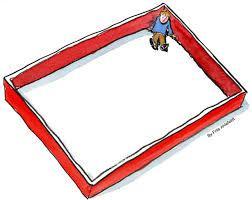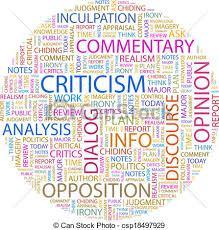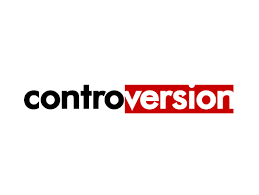


Literature can be classified according to whether it is fiction or non-fiction and whether it is poetry or prose; it can be further distinguished according to major forms such as the novel, short story or drama; and works are often categorized according to historical periods or their adherence to certain aesthetic features or expectations (genre).
But what about all those books that are not “literariness” or “poeticity” but are written in ordinary daily speech. Books that do not have literary value, but only intellectual value. Books that shine on non-fiction bestsellers lists. Books that give discourses on, for instance, Crime and Punishment, Foreign Policy, Culture, Health, Politics, and Science.
One can safely assume that the majority of the books published each year (approximately 2,200,000) belong to mainstream thinking. Let’s say 90%, so there will be left some 220,000 interesting books worthwhile to read.
How to select these interesting books?
We suggest that books with intellectual value should be categorized by the publisher into categories:
- Mainstream

This book contains a description, interpretation or explanations of a situation, generally regarded as correct. It is defending the standard world view, a confirmation of the reality as constructed by the majority, or as some critics argue, as manufactured consent by the mass media;
- Improvement

This book contains suggestions for gradual, piecemeal, but cumulative betterment of mainstream thinking;
- Criticism

This book is a disapproval of someone or something on the basis of perceived faults or mistakes. It judges the merits and faults of something. Books in this category do not necessarily imply “to find fault”, but the word is often taken to mean the simple expression of an objection against prejudice, or a disapproval of something. Often criticism involves active disagreement, but it may only mean “taking sides”. It could just be an exploration of the different sides of an issue.
- Provocation and alternatives


This book challenges existing thinking, provides alternative explanations or contains a provocation of dominant worldviews. A major criterium for this category that it has been received by mainstream media as at least controversial, but more often as highly unlikely or even unscientific. If the book has made someone angry, it surely deserves the label provocative. The book is about one or more things available as another possibility or choice or relating to activities that depart from or challenge traditional norms.
Save
Save
